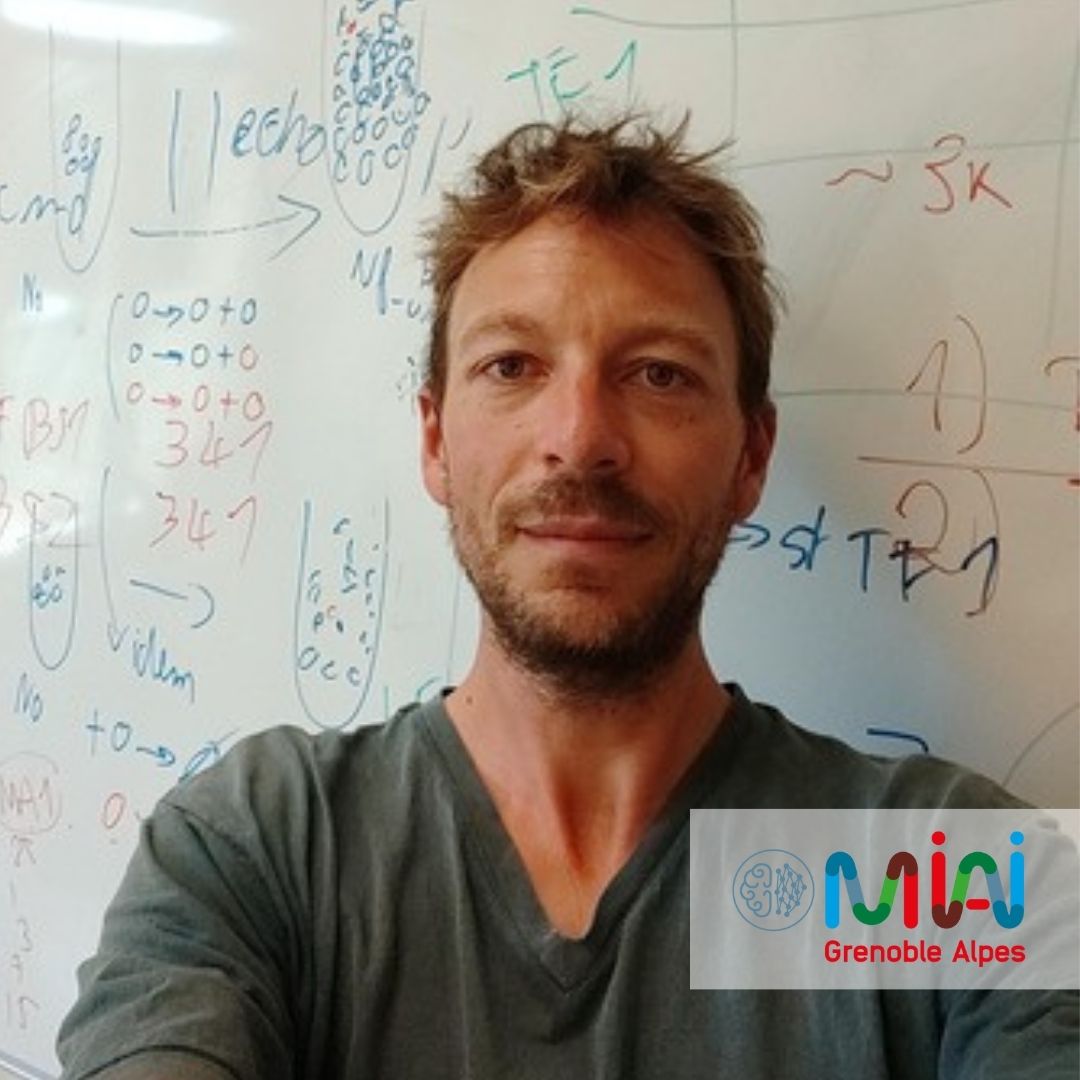Head of the chair
Team members
Core members
- Antoine Frenoy
- PhD student (currently in the hiring process)
- Postdoc position available (starting date 2024-2025)
Research topics
Stochastic simulations of biological systems
Artificial life
Approximate Bayesian Computing
Evolution of bacterial genomes
Artificial life
Approximate Bayesian Computing
Evolution of bacterial genomes



